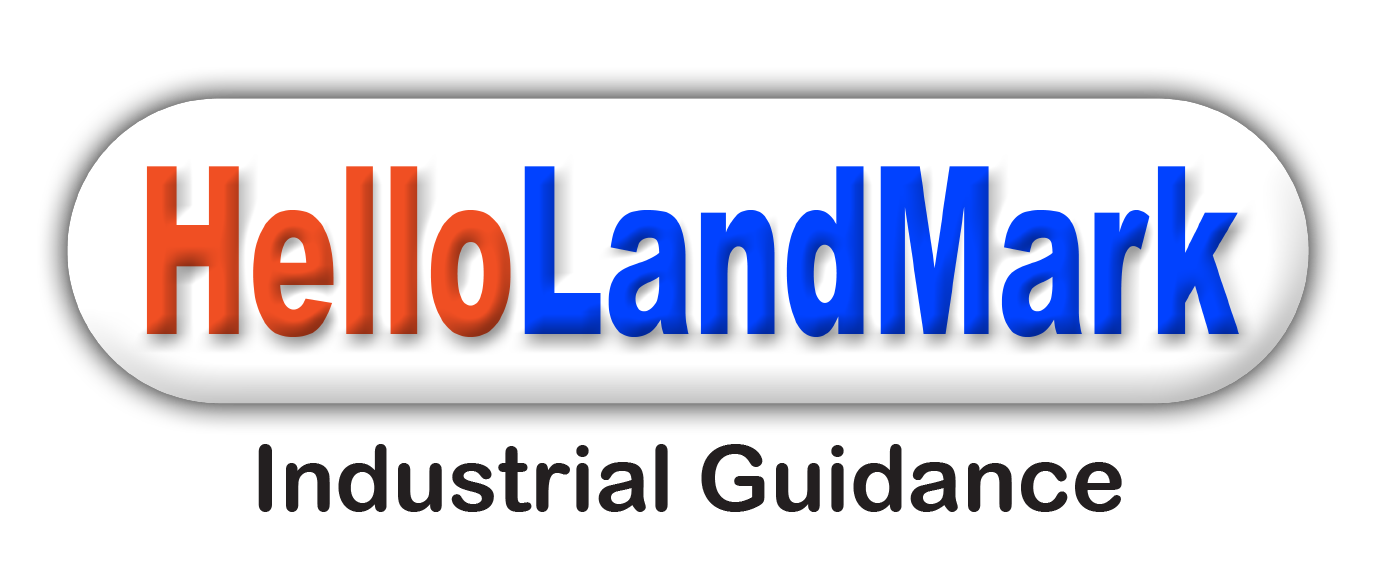Auditors are increasingly raising red flags about inflated land valuations embedded within recent mergers and acquisitions (M&A) deals, signaling growing concerns over financial reporting accuracy and deal sustainability. Several high-profile transactions have revealed discrepancies between declared land asset values and independent market appraisals, prompting regulatory scrutiny. Inflated land valuations can distort a company’s balance sheet, overstate goodwill, and mislead investors about the true financial health of a merged entity. Auditors caution that aggressive land pricing assumptions, if unchecked, could lead to future asset impairments and financial restatements. Such practices undermine transparency and pose significant reputational risks for companies involved. As a result, due diligence standards around real estate assets in M&A deals are tightening significantly.
In many cases, inflated valuations stem from optimistic projections about future development potential or infrastructure improvements that have yet to materialize. While some strategic premium is normal in M&A transactions, auditors are concerned that excessive assumptions are being used to justify higher deal prices. They stress the importance of grounding valuations in current market realities, supported by verified comparable sales, zoning certifications, and realistic cash flow projections. Independent third-party appraisals are being recommended as a mandatory part of pre-deal diligence to avoid conflicts of interest. Financial regulators are also signaling a tougher stance on monitoring valuation practices, particularly in sectors like industrial real estate and infrastructure. Strengthened auditing practices aim to enhance accountability and protect shareholder interests.
The increased scrutiny is prompting companies and investors to reassess how land assets are valued and disclosed during transaction negotiations. Legal and financial advisors are advising clients to adopt more conservative valuation methodologies and to clearly document all underlying assumptions. Transparency regarding land valuation not only improves regulatory compliance but also helps build investor trust and credibility in the long term. Experts suggest that boards of directors must demand higher-quality due diligence reports that rigorously challenge valuation inputs before approving major acquisitions. Auditors believe that by addressing inflated land valuation risks early, companies can avoid costly litigation, write-downs, and regulatory penalties later. The push for integrity in M&A land valuation is set to redefine best practices for deal-making in the evolving industrial and commercial real estate landscape.

